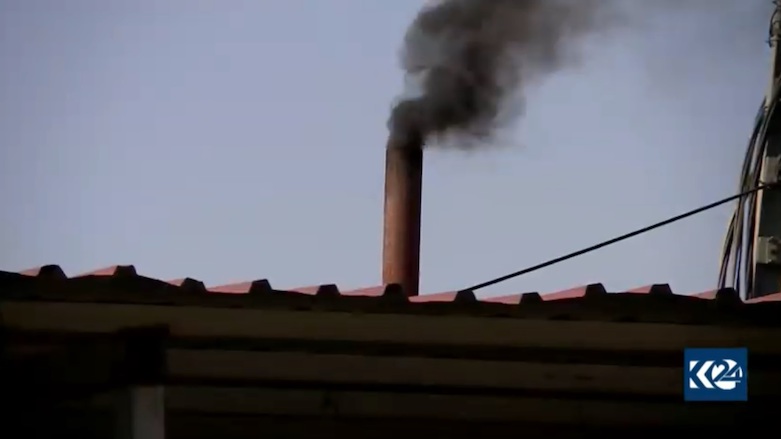Duhok to establish first solar energy park for clean energy

ERBIL (Kurdistan 24) – The Kurdistan Region’s Duhok governorate has made a significant step toward becoming a low-carbon province after news it will soon have its first solar energy park, setting an example of sustainable renewable energy for the rest of the autonomous Kurdish region and Iraq, the United Nations Development Programme (UNDP) said in a statement on Tuesday.
The UNDP and the Duhok governorate signed a letter of agreement “to establish a pilot solar park that will provide a minimum of two megawatts of electricity within two years,” the UN statement read.
Other donors to the program included the European Union, which provided USD 2 million worth of funding for the project, the statement added.
Duhok Governor Farhad Atrushi expressed the governorate’s strong “commitment to take climate action, deliver affordable, clean energy to the citizens” as well as address electricity deficiencies.
“Under the Duhok Sustainable Energy Action Plan (SEAP), we pledged to reduce greenhouse gas emissions by 2030,” Atrushi was quoted as saying in the UN statement.
“Establishing the first solar park in Duhok will contribute to achieving this goal and meet the needs of the market.”
According to the UNDP, Duhok experiences severe shortfalls regarding electricity and has over 1,000 electricity generators that cause lasting air and noise pollution.
Electric power supply often lacks in meeting growing demands, especially in the summer months, when consumers operate high power utilities amid low prices.
As demand rises, the number of private, local generators has grown rapidly as they are seen as the favored solution to power shortages, rather than exploring more modern and eco-friendly substitutes that are available but with a higher initial cost.
Last year, officials in Duhok warned that electric generators, industrial facilities, and the increasing number of vehicles pose a serious threat to both the environment and residents’ health.
There is now hope that the solar park will help reduce air pollution and create green energy.
Duhok expects the solar parks “to provide up to 40 megawatts of clean electricity by 2030,” the UNDP said.
EU Ambassador to Iraq Martin Huth praised the project and highlighted the improved access to green energy for people in Duhok.
“In Europe, we are strongly determined to tackle climate change and succeed in our recently launched green deal, becoming the world’s first climate-neutral continent by 2050,” Ambassador Huth was quoted as saying in the UN statement. “I am delighted that we are able to support [the Kurdistan Region] in its own sustainable energy deal.”
The UNDP’s Resident Representative in Iraq, Zena Ali Ahmad, said the organization is “encouraged” by the Duhok’s “commitment to reducing its carbon footprint and providing green energy to its citizens.”
“Establishing a solar park will stimulate the economy through private sector investments, create more jobs in green economy, and above all reduce pollution,” she stated.
“The project will represent the first introduction of solar energy supply on such a scale in Iraq.”
Editing by Karzan Sulaivany
